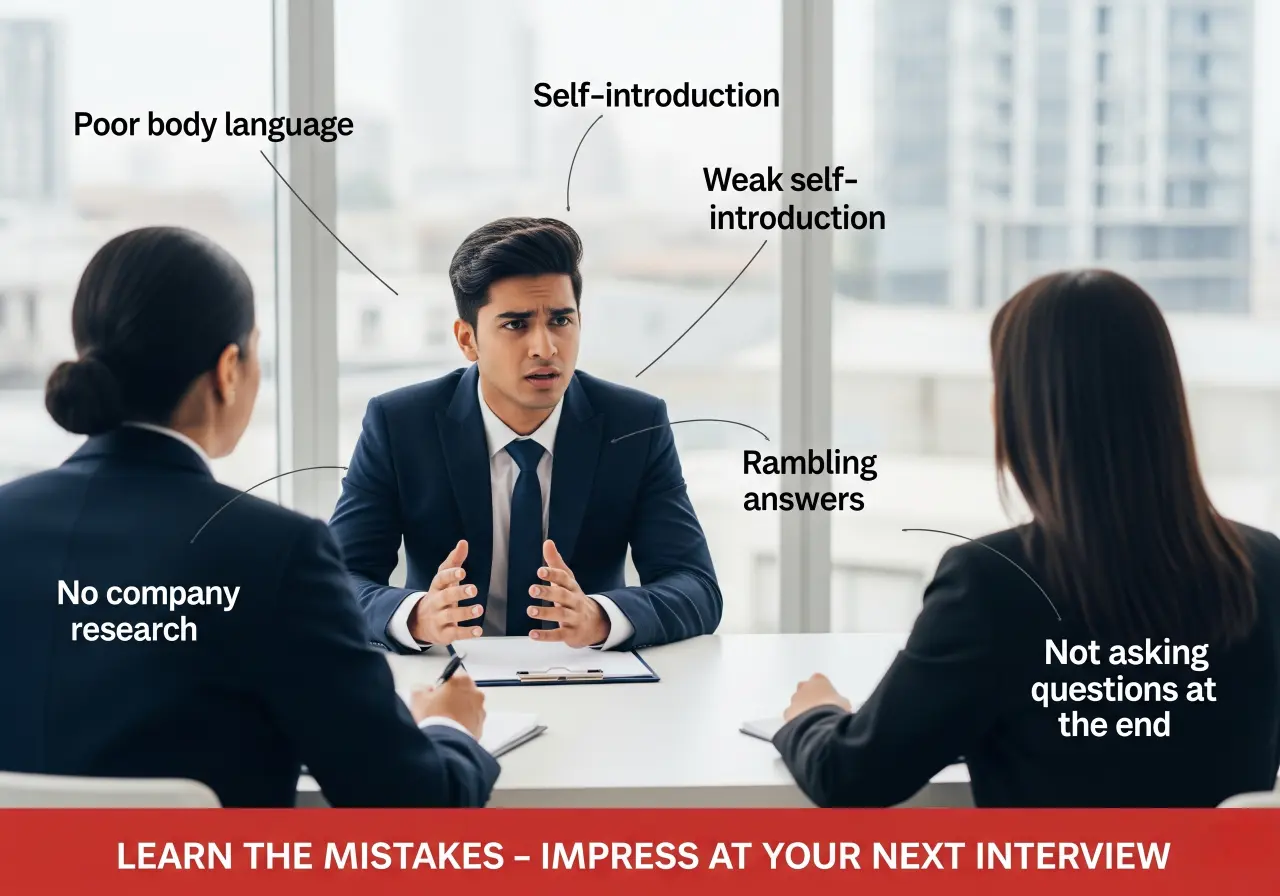
Overcoming Imposter Syndrome: Building Confidence as a New Professional
As a fresher stepping into the professional world, it's common to feel like you don't quite belong or that your achievements are just luck. This feeling, known as imposter syndrome, can be a significant hurdle in building confidence and thriving in your new role. But you're not alone, and there are effective strategies to overcome it.
Imposter syndrome is the persistent inability to believe that one's success is deserved or legitimately achieved as a result of one's own efforts or skills. It's often accompanied by a fear of being 'found out' as a fraud. For new professionals, this can be particularly acute as you navigate new responsibilities and a challenging learning curve.
🔍 What Does Imposter Syndrome Look Like?
Imposter syndrome can manifest in several ways:
- Self-doubt: Constantly questioning your abilities and decisions.
- Fear of failure: An intense anxiety about making mistakes or not meeting expectations.
- Perfectionism: Setting impossibly high standards for yourself and feeling inadequate when you don't meet them.
- Attributing success to external factors: Believing that your achievements are due to luck, timing, or external help, rather than your own competence.
- Minimizing achievements: Downplaying your accomplishments or deflecting praise.
🌐 Why Do Freshers Experience Imposter Syndrome?
Several factors contribute to imposter syndrome in new professionals:
- New environment: Entering a professional setting with new colleagues, expectations, and challenges can feel overwhelming.
- Lack of experience: As a fresher, you naturally have less experience than your senior colleagues, which can lead to comparisons and feelings of inadequacy.
- High expectations: You might feel immense pressure to perform well and prove yourself in your first job.
- Comparing yourself to others: Social media and workplace interactions can lead to unfavorable comparisons with seemingly more accomplished peers.
🚀 Strategies to Build Confidence and Overcome Imposter Syndrome
Overcoming imposter syndrome is a process, but with conscious effort, you can build lasting confidence.
- Acknowledge and externalize it: Recognize that imposter syndrome is a common experience and not a reflection of your actual abilities. Labeling the feeling can help detach from it.
- Focus on your strengths and achievements: Keep a record of your accomplishments, big or small. When self-doubt creeps in, review this list to remind yourself of your capabilities.
- Embrace continuous learning: Understand that being a fresher means you're still learning. View mistakes as opportunities for growth, not as failures.
- Seek feedback: Actively ask for constructive feedback from mentors and supervisors. This can help validate your progress and identify areas for improvement, rather than leaving you to guess.
- Connect with mentors and peers: Talk to experienced professionals or other freshers who might be feeling the same way. Sharing experiences can normalize your feelings and provide valuable insights.
- Set realistic expectations: Don't expect to know everything or be perfect from day one. Celebrate small wins and acknowledge your progress.
- Practice self-compassion: Treat yourself with the same kindness and understanding you would offer a friend. Avoid harsh self-criticism.
- Challenge negative thoughts: When you catch yourself thinking 'I'm not good enough,' challenge that thought. Ask for evidence. Often, there is none.
💡 Pro Tip: Document Your Learning Journey
Keep a "wins" journal where you regularly jot down new skills you've learned, problems you've solved, and positive feedback you've received. This tangible record can be a powerful antidote to imposter syndrome, providing concrete evidence of your growth and capabilities.
✅ Quick Action Plan for Freshers
- Identify your imposter triggers: What situations or thoughts usually bring on feelings of inadequacy?
- Develop a positive affirmation: Create a simple, positive statement about your abilities to repeat when self-doubt arises.
- Find a trusted mentor: Seek out someone experienced who can provide guidance and honest feedback.
- Celebrate small successes: Acknowledge every step forward, no matter how minor.
- Limit social comparison: Focus on your own growth rather than constantly comparing yourself to others.
We've helped 1,000+ freshers navigate their career paths with confidence. Let us help you too!
🎓 Coming Soon:
- Developing a Growth Mindset for Career Success
- Effective Networking Strategies for New Professionals
Career Campus Pro
Published on
Need help with your resume?
Get a free resume review via WhatsApp!

-Photoroom.webp)


.webp)